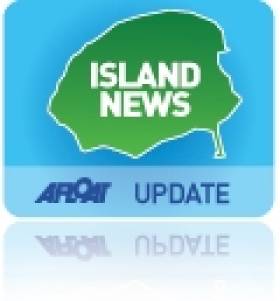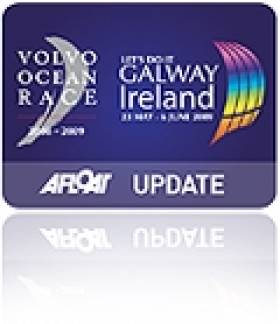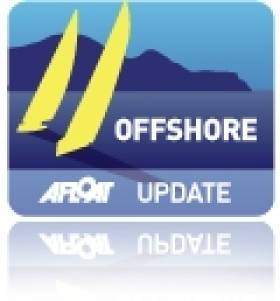Displaying items by tag: tradition
Aran Islands are 'the Stepping Stones to the Atlantic'
#ISLAND NEWS - Writing in the Boston Globe recently, Cork native Thomas Breathnach extols the virtues of the Aran Islands as "a bastion of native culture".
"The country’s roughest seas and 1,000 miles of ancient stone walls have successfully preserved Celtic tradition within their spellbinding shores," he writes of those western isles referred to as "the stepping stones to the Atlantic".
Traversing the archipelago by foot, bicycle and plane, Breathnach sees the sights and greets the characters that make the Aran Islands such an attraction for tourists the world over.
The Boston Globe has much more on the story HERE.
Volvo Ocean Race Brings Galway and Abu Dhabi Closer Together
#VOLVO OCEAN RACE - A golden dhow presented to the city of Galway by the Abu Dhabi Sailing and Yacht Club marks the new connection between these host ports of the 2011-2012 Volvo Ocean Race.
The Galway Advertiser reports on the Galway-Abu Dhabi Maritime Cultural Exchange initiative, which has already seen a Galway hooker race against traditional Arabian dhows in the Persian Gulf.
Both cities have been "engaged for many years with restoration of traditional boats and revival of sailing skills," says the paper.
Their co-operation is being seen as a model for using sailing as a catalyst to bring different cultures together. And the gesture will be reciprocated when Galway hosts the race finale this July, as six dhows and 60 Emirati crew will be hosted in the city for an exhibition race against a fleet of Galway hookers.
Meanwhile, Galway's Tidy Towns committee is determined to make the city look its best in time for the race's arrival.
The City of the Tribes scored well in 2011 after a long absence, but is looking to take things a step further for 2012.
Interested volunteers can contact the Galway Volunteer Centre, Mill Street at 091 539 930.
Captains Discuss Yachting's Future
For the future of yachting, look to the east - so says a roundtable of yacht captains hosted by The Triton.
"You've got to follow the money," said one captain at the open discussion. "And right now, the money is coming from Russia, China and South East Asia."
The group lamented that the influx of 'new money' among those buying boats has seen a loss of yachting traditions among owners, and an emphasis on status and interior style over boating performance.
One new skipper suggested that it was the captain's duty to teach novice owners about the traditions of yachting - such as just relaxing and enjoying the experience, rather than keeping to a strict schedule of activities.
Other trends the captains pinpointed for yachting's future include smaller crews with greater certification.
The Triton has more on the story HERE.
































































